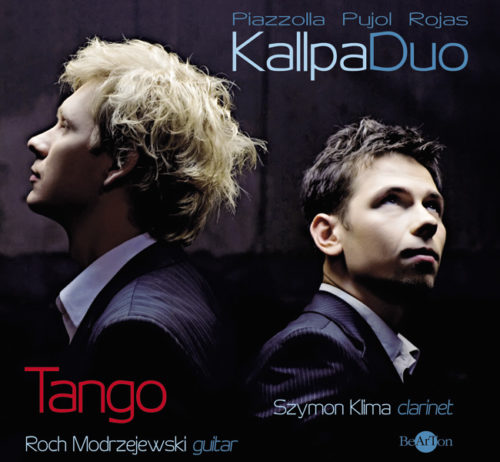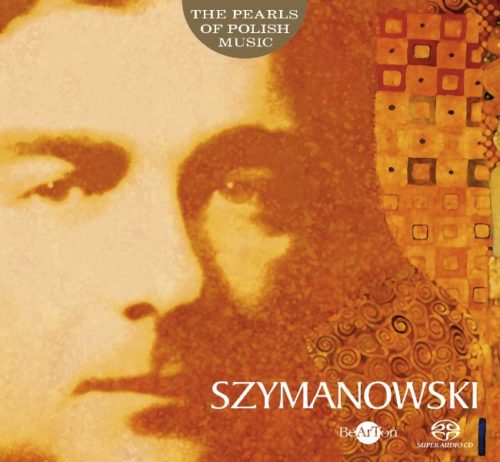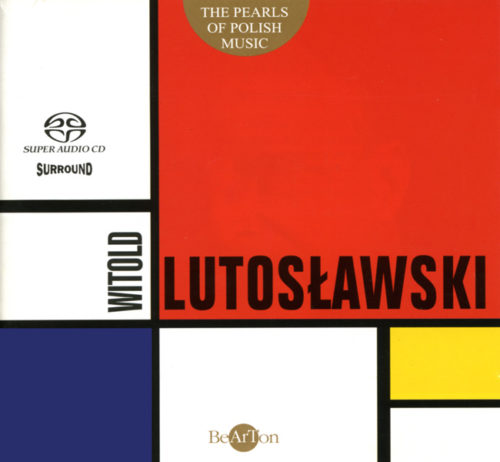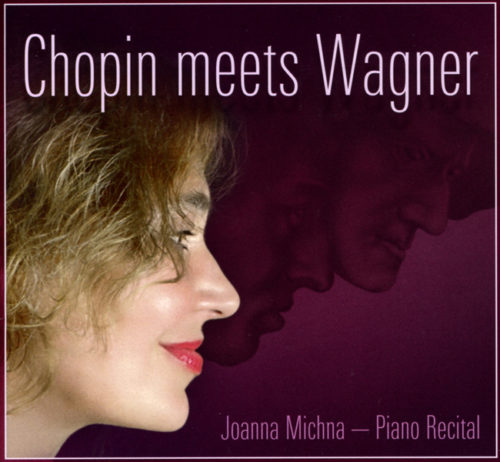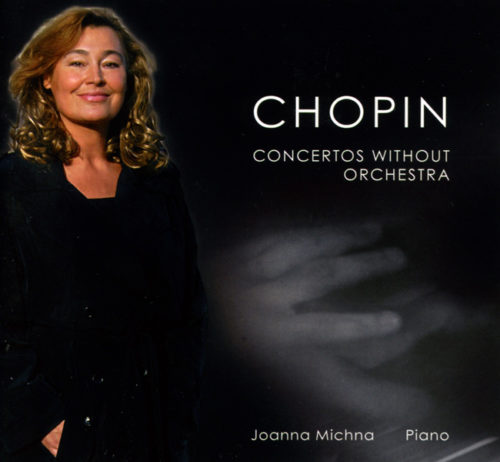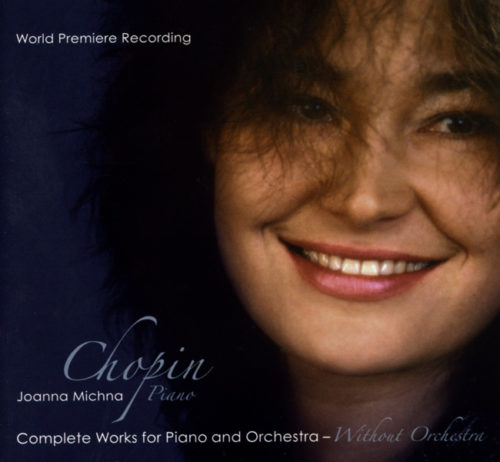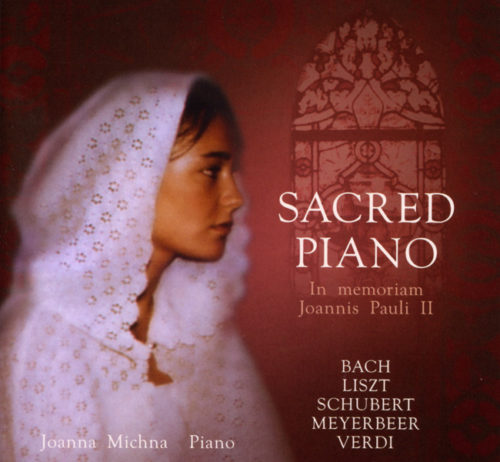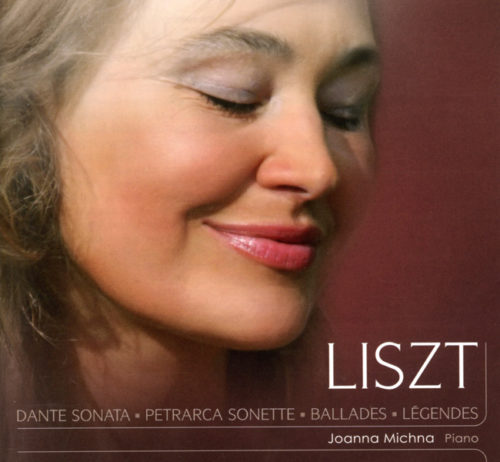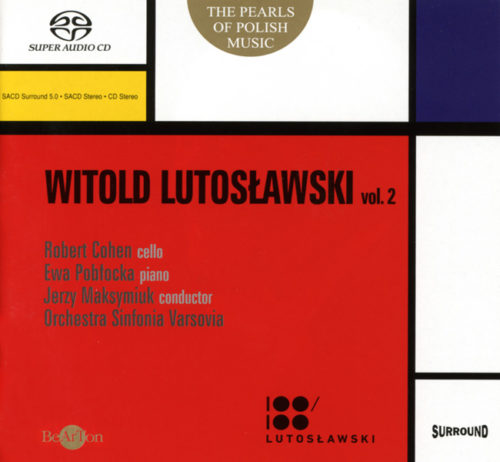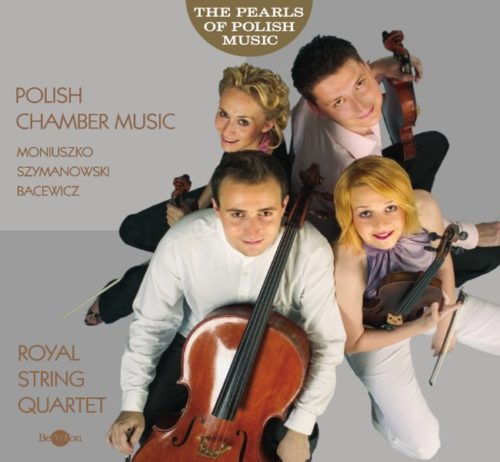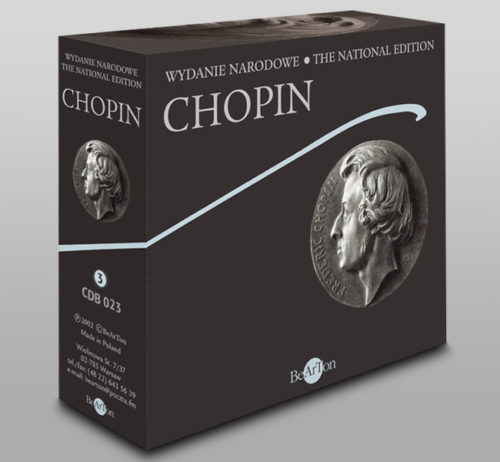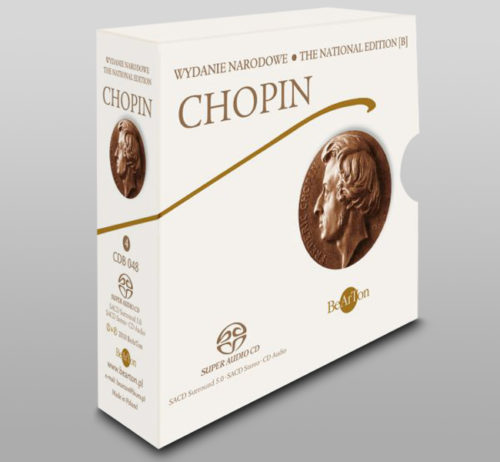Description
The Phenomenon of Chopin
The extra ordinary popularity of Chopin’s music is both in fascinates and amazing. It can surely be said that for lovers of classical music, both in the past and now, Chopin has enjoyed the status of a charismatic idol. The famous British scholar of Chopin Arthur Hedley found it some what paradoxical that works by this most reserved and individual of composers constitute a never ending at traction to listeners regardless of sex, nationality or intellectual interests.
The sheer number of editions and the size of the print runs of Chopin’s compositions cannot fail to leave anyone indifferent. The number of collected editions has exceeded seventy. The Complete Works of Chopin in Ignacy Jan Paderewski’s edition has sold over three million copies. The Chopin discography goes into huge numbers whereas the number of the composer’s biographies is close to twenty thousand. Chopin has become the world’s most popular composer. We are facing Chopin reproduced in thousands of radio and television broadcasts, as the hero of piano competitions, as the darling of audiences waiting for the winner with the highest accolade, like a sports event… And there are also records, tapes and cassettes… (J. M. Chomiński).
Chopin’s music is indeed a timeless phenomenon that knows no cultural boundaries. It is mu sic that has attracted great numbers of people for almost two centuries. Already by 1820, Chopin had won fame as a child prodigy in Warsaw. A city boasting a stable musical life and high cultural standards, despite all the difficulties steming from the political situation of a country under partition, Warsaw turned out to be fully prepared for receiving – and educating – such a great talent. A real musical genius – this is how a Warsaw periodical described the seven-year-old Fryderyk. The popularity of the young virtuoso and composer grew month by month. He was loved and admired, and his public concerts were sensational events. On the day he left Poland, in Novem ber 1830, he was bid farewell with a cantata specially written for the occasion by Józef Elsner.
Outside Poland, the interest in Chopin and his music began with his first concerts in Vienna and Paris. He fascinated a good part of the European elite of the time. This led to Chopin’s close acquaintance with such great musicians and artists as Schumann, Rossini, Berlioz, Liszt, Mendelssohn and Delacroix. He became highly valued by critics and extremely popular, particularly after Schumann’s review of his Variations Op. 2, which contained the famous remark Hats off, gentlemen, a genius! Many composers, writers and painters dedicated their works to Chopin. Chopin’s premature death, on 17 October 1849, opened a new chapter in the reception of his music. For each successive generation it had a different meaning. It has become of great importance for composers and pianists, as well as for wider audiences. Various qualities and merits were ascribed to it. The national strand in Chopin’s music, for instance, was treated by some as the most perfect illustration of Poland’s striving for independence. Soon after the composer’s death, books started to be written about him, Liszt’s sketch being the first notable example. Collected editions of his works started to be published, testifying to the changing attitudes to Chopin’s autograph scores.
Marek Wieroński

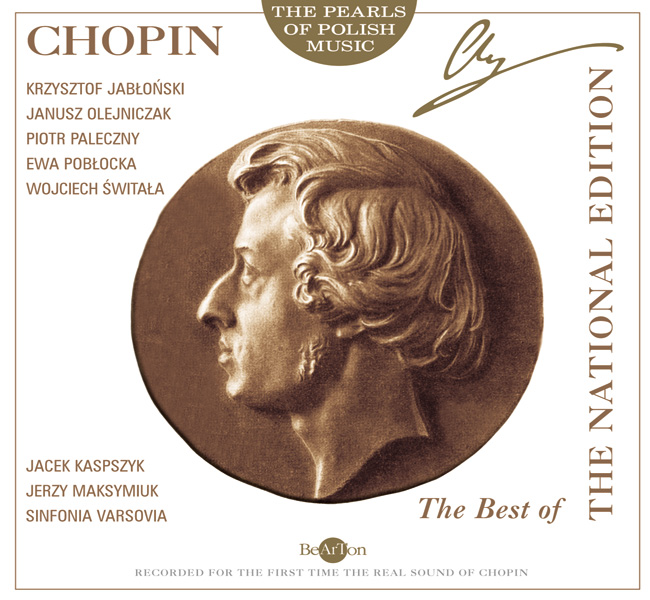


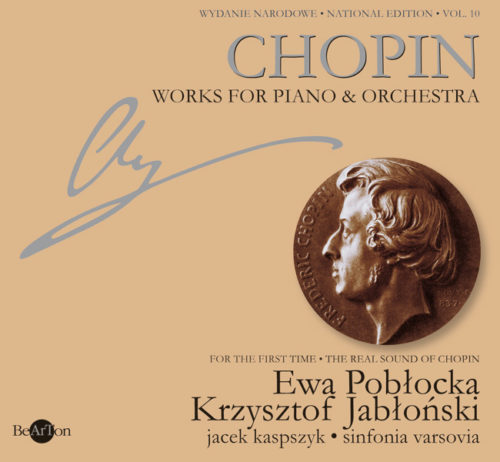





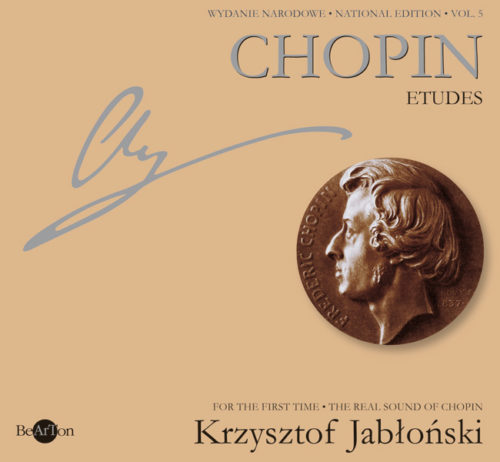
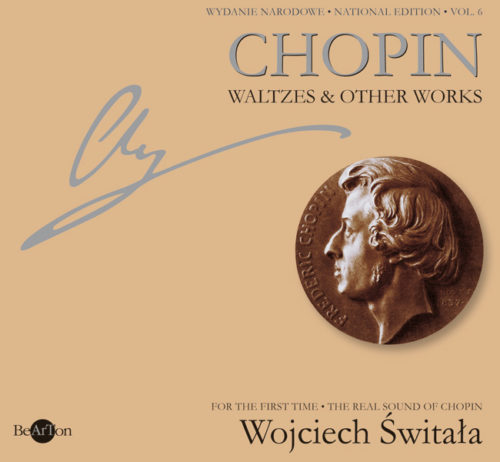





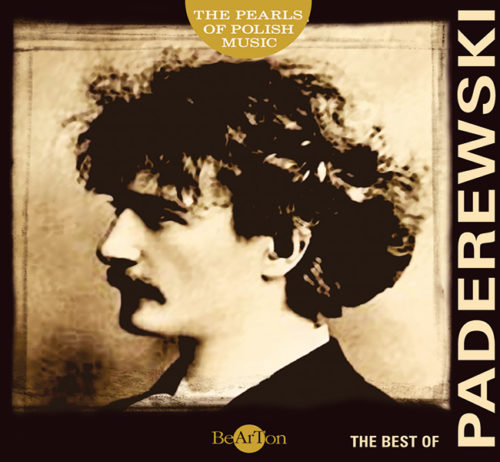
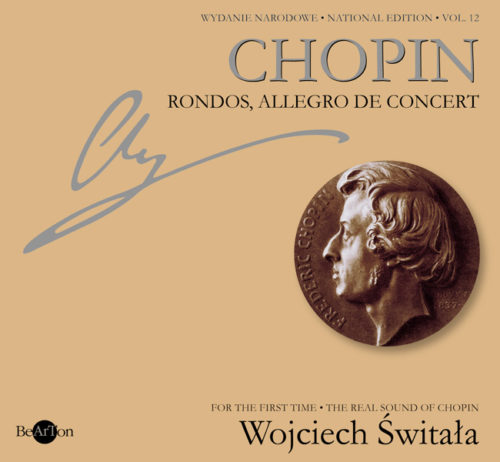


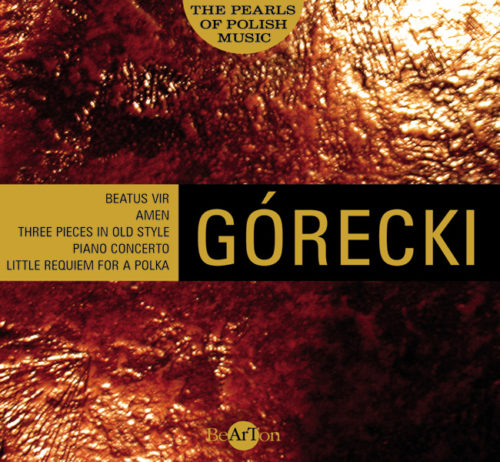

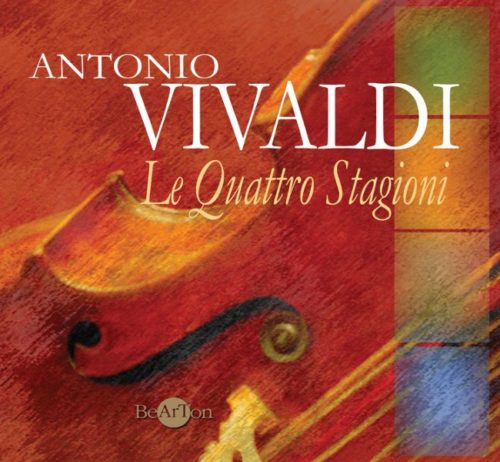
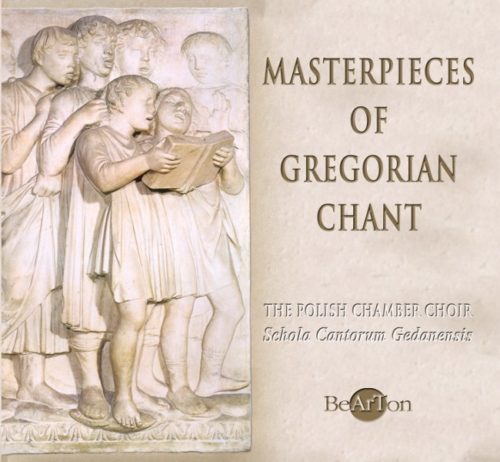
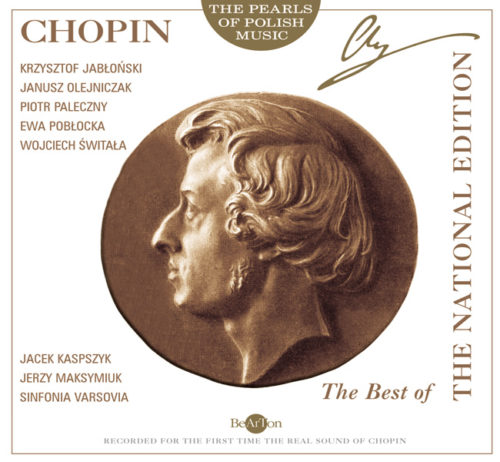
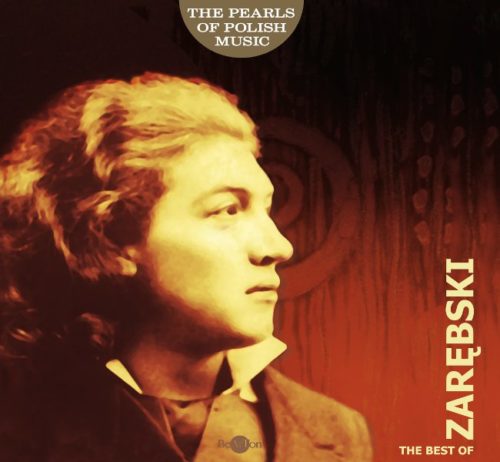
![Chopin - Mazurki i inne utwory [B] CDB038](https://www.bearton.pl/wp-content/uploads/Chopin-Mazurki-i-inne-utwory-B-CDB038-A-500x462.jpg)
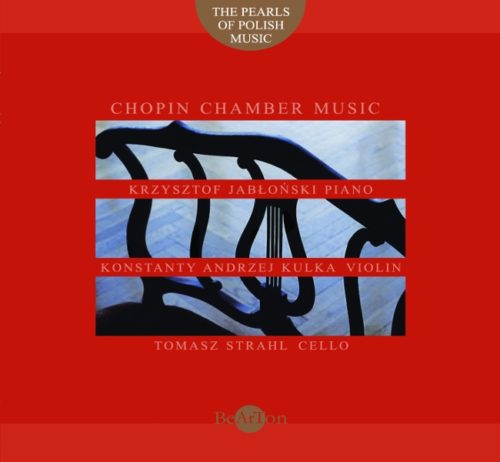
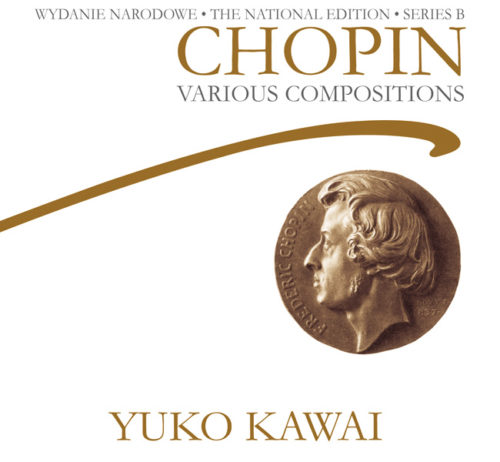

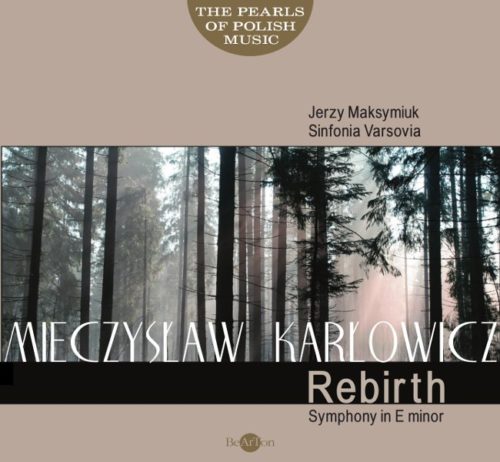
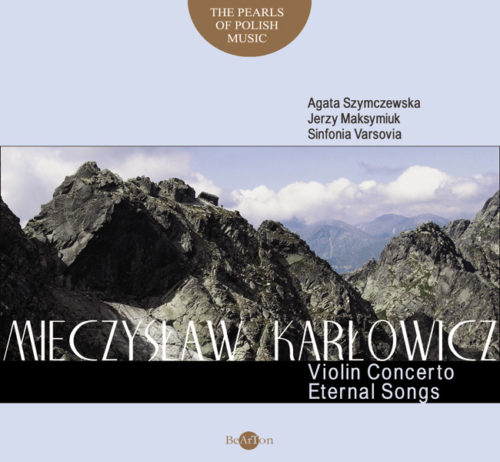


![Chopin – Pieśni [B] CDB046](https://www.bearton.pl/wp-content/uploads/Chopin-Piesni-CDB046-A-500x462.jpg)
![Chopin – Walce [B] i inne utwory CDB047](https://www.bearton.pl/wp-content/uploads/Chopin-Walce-B-i-inne-utwory-CDB047-A-500x462.jpg)

